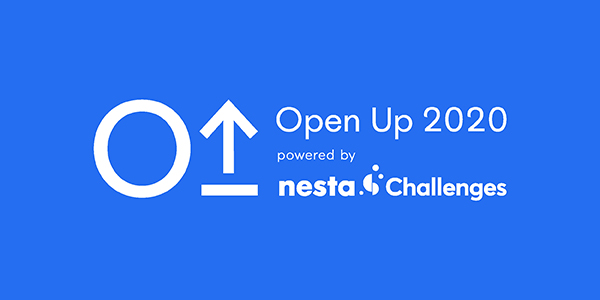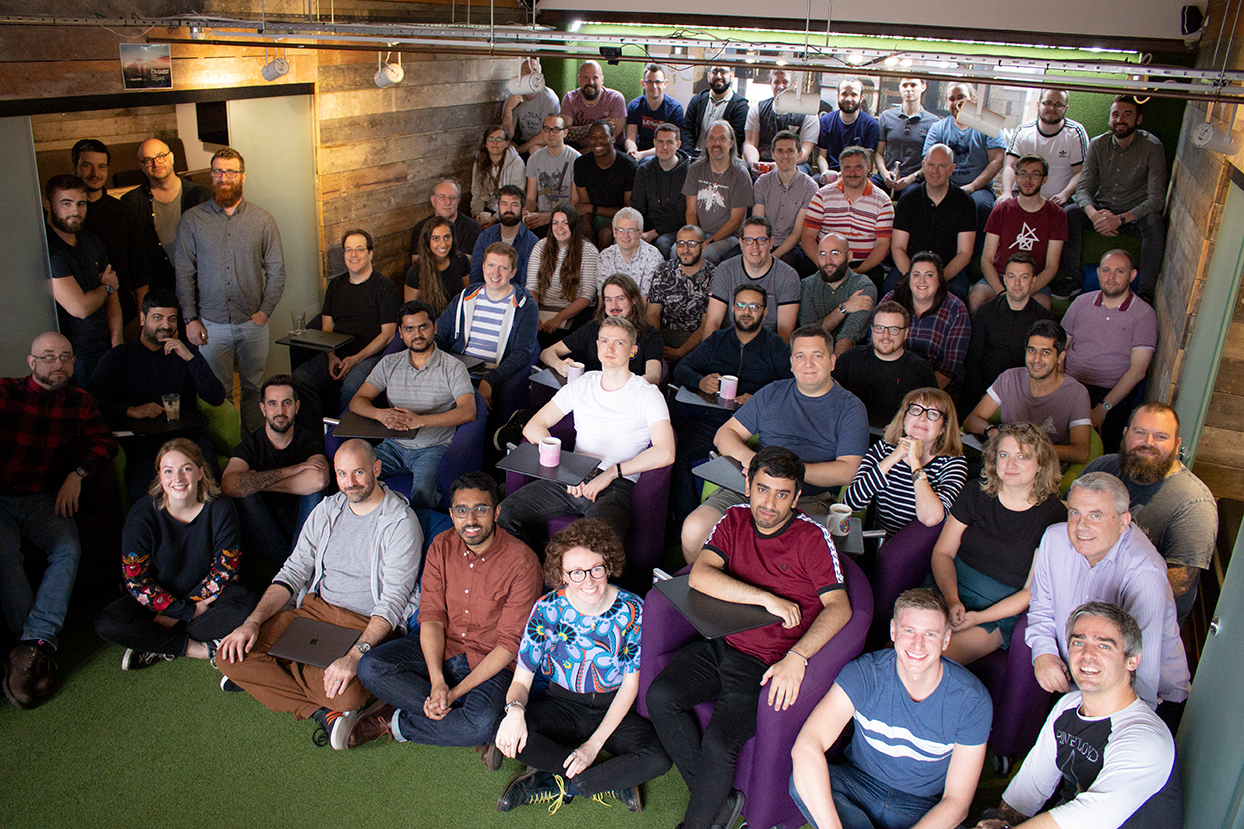
There are so many options available to us when buying software for our business. It's often hard for us to know where to turn. In this post, I'm hoping to show you how to determine when to go off-the-shelf and when to bite the bullet and go bespoke.
When to buy off-the-shelf
Off the shelf software comes in a couple of flavours. You can buy a subscription to a cloud platform (sometimes known as SaaS - Software as a Service) or you can buy a licence for software that you install on your own servers. Sometimes, providers who offer a SaaS service also offer a self-installed option, but that's usually reserved for extremely niche tech products or large organisations who have very large data requirements.
Let's dig a bit deeper.
Cloud Software (SaaS)
With cloud software, you pay your subscription and you use the system. Some platforms allow you to integrate with them either by building plugins, or by making different systems talk to one another using something called an API (Application Programming Interface). When you or I use the system, we use a UI (User Interface), so an API is just what computers use because they need a more rigid structure, and us humans are better with visuals! Just being able to pay and go is one of the biggest pros for cloud software.
You can get going almost instantly, just by registering, but you can't usually change what it does or what it looks like, though you can sometimes make other systems you might have talk to it. That said, some of them have lots of configuration options that allow you to do some quite complex things with them. That's also one of their downfalls, but more on that later. The other big pro is there are no additional support fees and the system is (usually) kept updated by the vendor.
Self-installed / Managed Software
With a self-installed service (don't worry, the vendor will often manage that install, or your IT service provider will be able to), it's not quite as quick to get going, and the cost is usually somewhat higher. Some self-installed systems can be modified more heavily than others. You usually pay a support/maintenance contract, which will include upgrades of the system, and you may have to pay for training for staff to use it. Some systems work as they are, and some need heavy modification to use in any sensible capacity.
The ability to modify the system to better suit the business is probably one of the reasons you might want to go for self-installed system over a cloud service, because all the changes are built in to your version that's installed on your servers. The other key benefit over cloud is that you're in control of the location of your data.
There's a big potential downside though if you do have modifications made: you could very easily become version-locked. You might have heard of vendor lock-in: being tied to one vendor so intrinsically that you can't use another. Version-lock effectively turns your support contract into a worthless piece of paper. You are still forced to pay a support contract which includes upgrades, but the changes made to your system don't allow you to upgrade to the latest version without some substantial work, with cost attached. As a result, your system gets older and older and left behind as you stop investing energy into it.
The time where off-the-shelf software works best is where it solves one specific problem very well. In the tech world, we use tools to notify us when errors happen. IT support vendors install agents on PCs so they know when things start to go wrong with user machines before the user. They're singularly focused on doing one thing, one thing only, and doing it very very well. The vendors often know it's part of a bigger toolchain, and so provide comprehensive documentation and integration capability.
Personally, the only other tool I wouldn't particularly like to reinvent is accounting. It's been done, it works brilliantly, and the challenger businesses have been able to solve a big problem for the vast majority of SME businesses we work with. They also provide excellent integration capabilities and documentation, as outlined above.
Bespoke Software
But then there's the other side of things. And it's in tying all the pieces together and completing that puzzle that off-the-shelf software of any kind can fall down. In those situations, your best bet is to go bespoke.
Let's look at the pros and cons of developing a bespoke solution.
It's yours
You own it, so you can build whatever you like. As long as it doesn't break the bank or the laws of physics, but most things really are possible. On the flip side, you need to be prepared to maintain it, or at least pay someone to maintain it for you. Better still, you should look to invest further into the system to continuously improve your business and its processes. A good software development firm will include maintenance in with that. However, you never run up against version locking if you do maintain it, because it's always kept up to date under the hood. And it can always be modified to suit the business as it changes and develops too.
You gain an asset
If you have an exit strategy for your business, then bespoke software can be the asset that makes the deal more appealing to a purchaser. Businesses don't really buy others for their contract books any more. Certainly not larger businesses swallowing up smaller ones. They buy them because they see something they want, usually some asset. And an automated, streamlined business process that only you have, putting you head and shoulders above the competition is a very powerful Ace card. Having spoken to lawyers specialising in this field, it can add several 0's to the end of your valuation.
Your staff will love you
Now this one's a hard one to swallow, I grant you, but great software, built with your team rather than in the traditional "doing IT to people" approach works wonders on staff moral and loyalty. Our clients have seen an increase in staff longevity, and as a result, lower hiring and training costs. It's got to be done right, but the right software can make your dream team permanent winners.
It might cost less than you think
We buy off the shelf software because we believe it's cheaper than building our own. Sometimes that's right. I mean, I wouldn't want to build my own car (actually I would, secretly, but it wouldn't be my daily driver). It's a complex piece of machinery, but it can certainly be improved. Hence why Tesla is now the largest (by market cap) manufacturer in the world. And it's also why companies relying on transportation as part of their business are investing heavily in research and development in that field.
The problem is we're spending money and it's not an asset but a liability at this point. If we switch to investing in an asset that powers the business, we not only gain the benefits of better staff morale, but also funding options such as R+D tax credits which could mean the cost of your software might go to zero.
Big companies often buy off-the-shelf software because there is a perception that it's harder to maintain a bespoke system. I'd argue that it's easier and cheaper to maintain a bespoke system, though it will change a lot more than the off-the-shelf one over time. That's a pro, not a con by the way. It can mould around your business instead of you having to change what makes you unique to suit the system. You don't have to put staff through training to use it either, and you don't suffer the costs of people leaving because they're fed up with being told to do things a certain way.
There are clearly times where an off-the-shelf tool is the right one for the job, but when it comes to interacting with people in different places, times and parts of the business, there is no substitute for bespoke.
This post was originally published on the Initforthe Blog at https://initforthe.com/blog/should-you-buy-bespoke-or-off-the-shelf-software.








